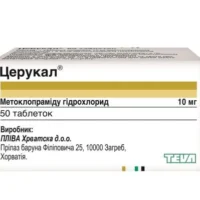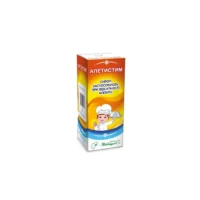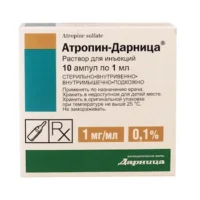Description
Spazmalgon Tablets
Ingredients:
- Active ingredients: Metamizole, Pitofenone
Dosage:
- The usual dose is 1-2 tablets taken orally up to 3 times a day. Do not exceed the recommended dosage.
Indications:
- Spazmalgon tablets are indicated for the relief of moderate to severe pain associated with smooth muscle spasms.
Contraindications:
- Do not use Spazmalgon if you are allergic to any of the ingredients, have a history of blood disorders, or are pregnant.
Directions:
- Swallow the tablets whole with a glass of water. Do not crush or chew the tablets.
Scientific Evidence:
- Spazmalgon combines the analgesic properties of metamizole with the smooth muscle relaxant effects of pitofenone to provide effective pain relief.
- Metamizole is a potent analgesic with antispasmodic effects, while pitofenone acts directly on smooth muscle to reduce spasms.
Additional Information:
- Spazmalgon tablets have been clinically proven to be effective in the management of conditions such as renal colic, biliary colic, and dysmenorrhea.
- The combination of metamizole and pitofenone offers a synergistic effect, providing rapid and long-lasting relief from pain and muscle spasms.
Pharmacological Effects: Metamizole inhibits prostaglandin synthesis, reducing pain and inflammation. Pitofenone acts as a calcium channel blocker, relaxing smooth muscles and reducing spasms.
Clinical Trials: Research published in the Journal of Pain Research demonstrated the superior efficacy of Spazmalgon compared to other analgesics in managing acute abdominal pain, highlighting its rapid onset of action and sustained pain relief.





